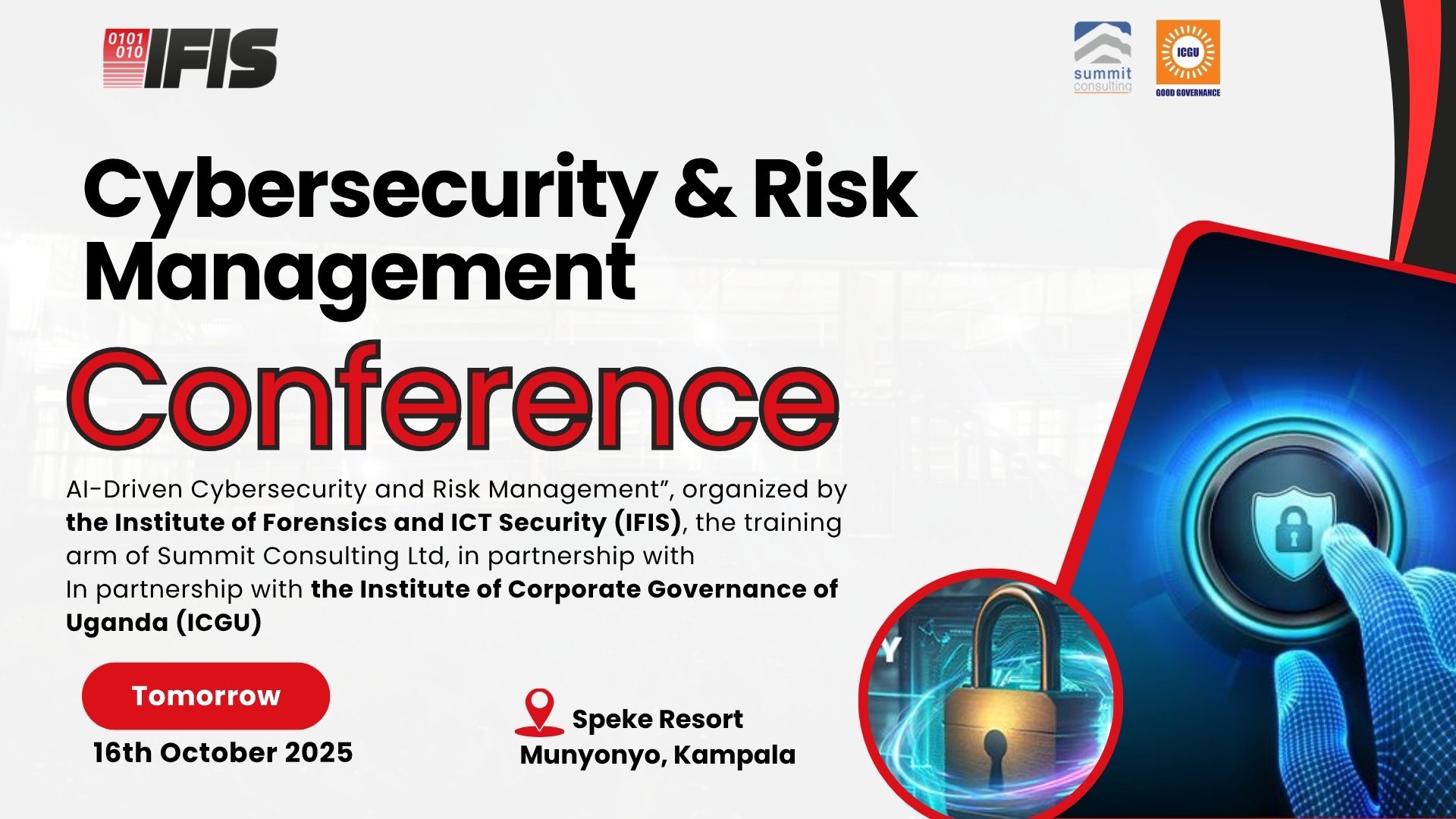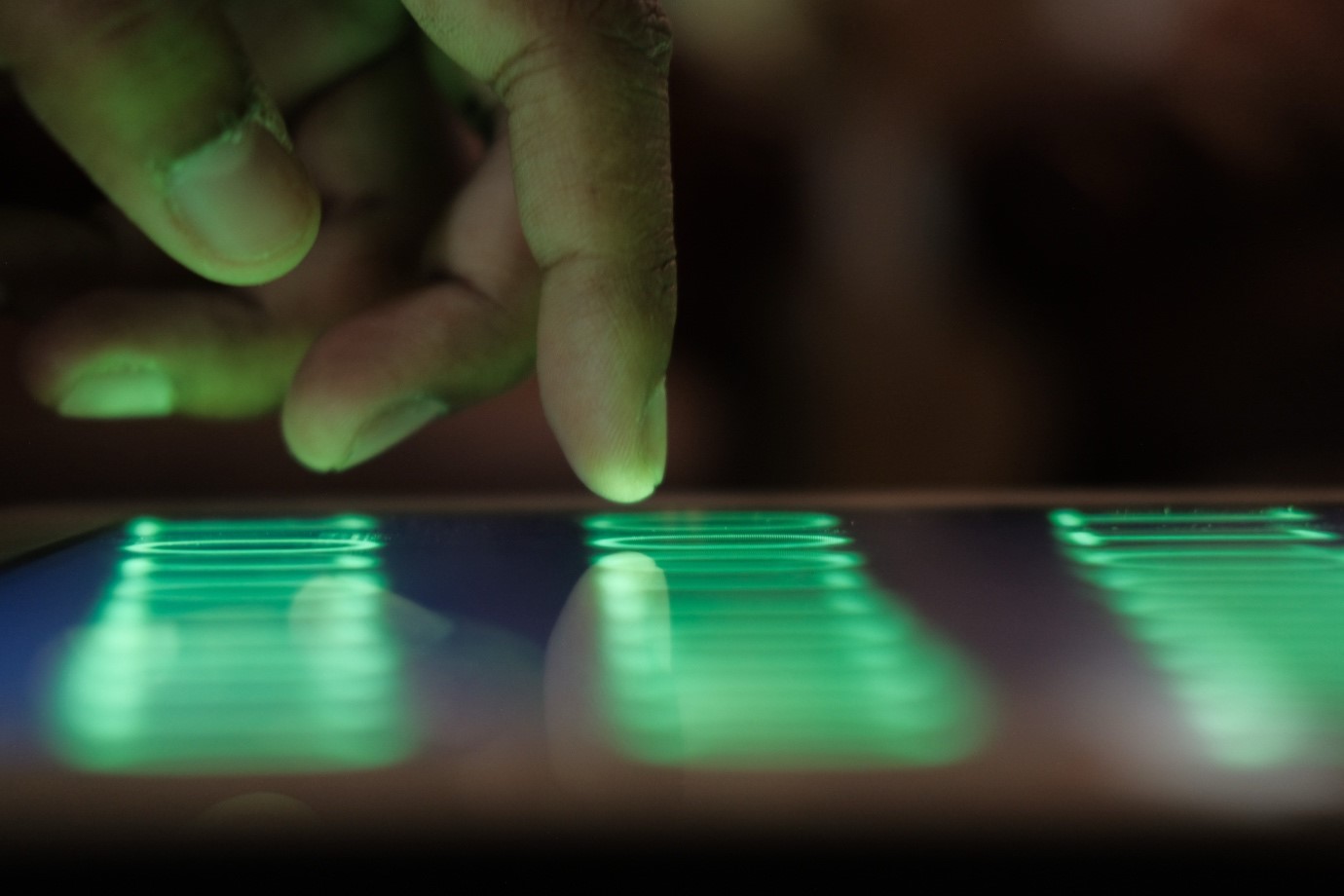When Uganda’s first mobile money platform launched in 2009, few could imagine it would one day carry the country’s economy. By 2025, over 33 million Ugandans will transact daily using their phones, buying food, paying fees, and even funding campaigns. The phone has become the bank, the ID, and the ballot box of modern life.
But with every innovation comes a shadow. Beneath Uganda’s digital revolution lies a quiet war; one not fought with guns or politics, but with passwords, deception, and misplaced trust. And as the nation edges toward a more connected, election-season future, the question is no longer if we can go digital, but how securely we can stay that way. Tomorrow’s Uganda depends not on bandwidth, but on cybersecurity.
The invisible economy of trust
Every phone in Uganda is now a node in a massive digital network; a web of trust linking citizens, telecoms, banks, hospitals, and government services. Each transaction carries identity, intent, and value. The moment that trust falters, the entire ecosystem trembles.
“Fraud today is not about hacking systems,” says a senior investigator at Summit Consulting Ltd, Uganda’s leading forensics and risk advisory firm. “It’s about hacking people.”
Consider a recent case. At a hospital in Kampala, Suspect 1, posing as a telecom technician, convinced a nurse to read out a “verification code” she had just received on her phone. Within minutes, her WhatsApp and mobile wallet were hijacked. No malware. No brute-force attack. Just persuasion.
This is what cybersecurity experts call social engineering: the weaponization of trust. It’s low-tech, fast, and devastating.
The rise of such schemes marks a turning point. The old assumption that cybersecurity belongs to “IT departments” no longer holds. In 2025, everyone with a phone is part of the national security infrastructure.
Identity: the new battlefield
In the connected economy, identity has become currency. And whoever controls identity, controls trust. Telecom fraud no longer stops at SIM swaps. Criminal networks now reconstruct full digital identities, linking stolen ID photos, leaked phone numbers, and scraped social media data to create near-perfect clones of real users.
In one investigation, Suspect 2, an insider at a mobile money aggregator, leaked subscriber data to an external ring that used the information to open “ghost accounts.” These accounts mimicked real users, same names, same dates of birth, and same photos. By the time anomalies were detected, a lot of money had moved through the network, all appearing legitimate.
What makes identity fraud dangerous isn’t just financial loss; it’s systemic confusion. When fake and real identities overlap, accountability collapses. Who sent that money? Who posted that message? Who owns that number? In a politically sensitive season, such questions blur the line between cybersecurity and democracy itself.
Future security, therefore, won’t rely on stronger passwords but on verified digital identities; encrypted, biometric, and traceable across systems. Uganda’s telecoms are beginning to explore blockchain-backed KYC (Know Your Customer) models, where identity verification becomes both private and auditable. But adoption remains slow.
The insider problem
Technology evolves faster than ethics. The most advanced system can still fail if the wrong person has the right access.
According to Summit Consulting’s Project Frontline 2025 analysis, insider collusion accounts for over 65% of telecom-related fraud in East Africa. The typical case involves a mid-level employee, customer care, field operations, or data entry, who bypasses security protocols under the guise of “helping a customer.”
In one case study, Suspect 3, a call centre agent, approved over 40 SIM swaps for “VIP customers” in a single week. Each transaction followed the procedure, was logged correctly, and passed internal checks. The fraud was only discovered when multiple clients reported losing access simultaneously.
How did this happen?
The answer wasn’t technical. It was cultural. Local telecom and financial industries, like many across Africa, are built on hierarchical trust; a culture where questioning authority can be mistaken for insubordination. Fraudsters thrive in such environments because silence is predictable.
As the iShield Project 2025 notes, “Fraud doesn’t hide from systems. It hides in courtesy.” The future-ready solution is not more controls; it’s distributed accountability. Systems where no individual can both initiate and approve a high-value transaction. Where anomaly detection flags not just numbers, but behavioural deviations; logins at odd hours, unusual keystroke rhythms, sudden access to restricted modules.
When data whispers, leaders must listen. The irony of modern fraud is that it’s often invisible, not because it’s hidden, but because it’s ignored.
Every fraudulent transaction leaves a trail: timestamps, device IDs, and IMEIs that tell a story for those patients enough to listen. Yet most organizations drown in data but starve for insight.
At Summit Consulting’s Digital Forensics Lab, investigators use AI-driven visualization to detect what the human eye misses: clusters of mobile transactions that occur at the same time, from the same device, across multiple accounts. The resulting heat maps are stunning: patterns that look ordinary on paper suddenly glow red with intent.
In one such case, a telecom’s internal analytics flagged nothing unusual. Summit’s visualization revealed that all “routine” midnight transactions came from a single IP range, an employee dormitory near the data centre.
The breach was not technical. It was behavioural. Future-ready risk management will depend on behavioural analytics; systems that don’t just secure data but learn from it. In an era where AI can detect emotional tone and typing speed, predicting insider risk is no longer science fiction. It’s a leadership necessity.
From firewalls to digital immunity
Uganda’s cybersecurity challenge isn’t about firewalls; it’s about mindset. In a country where most users think antivirus software is “for computers only,” building a cyber-resilient culture requires a shift from fear to literacy. Every citizen, from boda rider to banker, needs to understand that protecting their PIN is not paranoia; it’s patriotism.
Telecoms are beginning to introduce “digital immunity” programs; training their agents to recognize social engineering, enforce transaction limits, and use biometrics for high-value approvals. Some banks now run internal “red team” exercises, where ethical hackers simulate real attacks to test employee readiness.
Summit Consulting’s approach emphasizes what it calls the three fundamentals of risk intelligence.
- Awareness: everyone is a security node.
- Accountability: Every action is logged and auditable.
- Adaptation, threat intelligence is shared across sectors in real time.
The goal isn’t zero breaches: that’s unrealistic. The goal is rapid containment: detecting, isolating, and learning from incidents before they spread.
A nation of connected citizens
Uganda’s digital transformation is irreversible. In a single day, more data moves through the country’s telecom networks than it did in an entire year two decades ago. This interconnectedness fuels innovation, but it also multiplies exposure.
As election season approaches, cybersecurity isn’t just about protecting telecom systems; it’s about preserving national integrity. From mobile money to social media, every platform now sits at the intersection of technology, trust, and democracy.
“Tomorrow’s Uganda will be defined not by who has the fastest Internet,” says Mr Strategy, “but by who has the most resilient digital trust.”
That trust will depend on collaboration; telecoms, regulators, banks, and citizens forming a unified defence posture. It’s about replacing secrecy with transparency, blame with accountability, and compliance with curiosity.
The future starts with awareness
At tomorrow’s Cybersecurity and Risk Management Conference, Uganda’s leaders will gather at Munyonyo. It’s not just a slogan; it’s a statement of urgency.
The future of cybersecurity is not built on fear, but on foresight. It demands that we move from reacting to attacks to predicting intent. From guarding systems to designing trust.
Because the real battleground is no longer the network; it’s the mind. And the strongest password is not “123456,” but a culture that refuses to be fooled.
Copyright forensicsinstitute.org 2025. All rights reserved.





